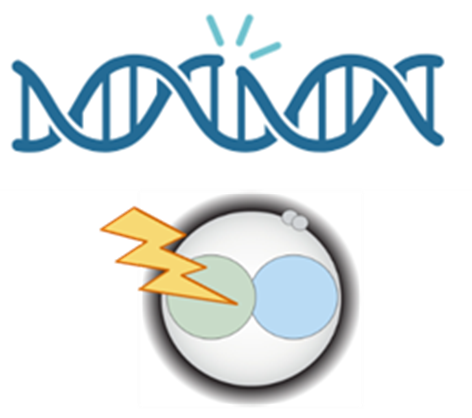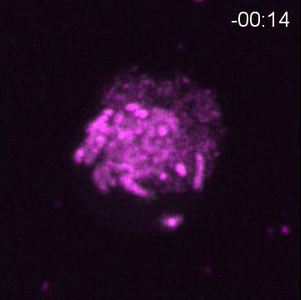Navigation auf uzh.ch
Navigation auf uzh.ch
The Cavazza lab studies pre-implantation development by combining the power of early bovine embryos and quantitative live microscopy, with proteomics and genomics techniques. Below is an overview of the ongoing research in the lab.

Aneuploidy and early embryogenesis.
We want to understand how and when aneuploidy emerge, but also how aneuploidy affects cell fate.
Is there an aneuploidy threshold that embryogenesis tolerates?
Do aneuploid cells have special features?
Bernhard Magerl is addressing these questions using live microscopy and genomics techniques.

Zygotic DNA damage and Genome-editing
DNA damage in the zygote is a serious problem: it will propagate to all embryonic cells, and/or block development.
How does the Zygote deal with DNA damage? Are there differences between maternal and paternal DNA damage?
And if the damage is caused by CRISPR intervention?
Can we artificially improve DNA repair to prevent embryonic failure?
Ying Cai started her PhD project with the aim of addressing these questions.

Coordination of cell cycle and chromatin remodeling in the zygote
The zygote cell cycle deals with two genomes delivered by the egg and the sperm. These two genomes have different chromatin states, but it is necessary that their remodeling is coordinated with the cell cycle progression. Errors in this process, cause chromosome segregation errors, aneuploidy, and embryonic failure.
Are there feedback mechanisms controlling cell cycle progression and chromatin remodeling?